BBC Radio 5 Live
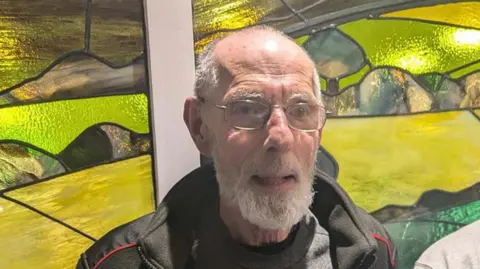 BBC
BBCA terminally ill man says he has changed his mind on assisted dying since his diagnosis and would now pay for euthanasia.
He is one of many patients and palliative care leaders who have been discussing what legalising assisted dying in England and Wales could mean for them.
It comes after MPs voted in support of the proposed Terminally Ill Adults (End of Life) Bill in November – the bill’s final reading is set for April.
Radio 5 Live’s Clare McDonnell visited Swindon’s Prospect Hospice, Wiltshire, to find out what effect the bill could have on palliative care homes.
Under the plans, only those who are expected to die within six months could apply for assisted dying. And a High Court judge would have to rule each time a person makes a request to end their life.
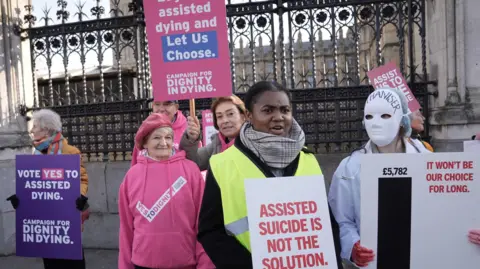
Melvin Camden is terminally ill with lung cancer and is undergoing chemotherapy to extend his life.
He is being cared for at the Swindon hospice, which last month Queen Camilla visited to celebrate the charity’s 45th anniversary.
Since receiving his diagnosis, Mr Camden said he is now supportive of assisted dying.
“I have changed my opinion, yes,” he said, “I would even go to Switzerland and pay for euthanasia.”
However he worries about the impact that might have on anybody who helps him travel.
Under the law in England and Wales, anyone assisting someone to die or accompanying them abroad to do so can be sentenced to up to 14 years in prison and an automatic forfeiture of the deceased person’s estate is enforced.
Specialist trusts and estates litigator, Alexa Payat, has successfully fought for families of British people who have gone to places like Dignitas in Switzerland.
She believes the assisted dying bill is “incredibly narrow” and requires “more scrutiny” around the capacity of the Family Division of the High Court to oversee applications.
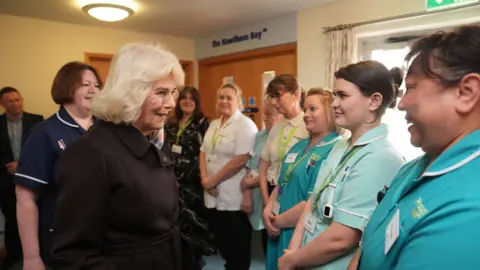
Former hospice medical director and palliative care consultant Dr Richard Scheffer said his views on assisted dying changed throughout his 30-year career.
He is calling for improvements to both palliative care treatment and assisted dying options.
Palliative care services in the UK are “the best in the world”, he said, but services “can still improve more”.
“We’re not talking about either palliative care or assisted dying, we need both,” he said.
“So those who are adequately cared for by palliative care are cared for and die naturally, but that small percentage of patients who find their suffering isn’t dealt with by palliative care, have a way out.”
‘Vulnerable at risk’
Natasha Wiggins from the Association of Palliative Medicine of GB and Ireland feels the bill could see some patients choosing to end their lives prematurely.
She said patients often tell her “the idea of the loss of dignity” is not acceptable to them and would like her to help them end their lives.
“When we ask them what it is that makes you think life isn’t worth living right now, there’s nearly always something we can do about it,” she said.
She raised concerns that legalising assisted dying could see a “whole swathe of people” ending their lives when they “actually could have had three more Christmasses or seen their daughter get married”.
“As it stands, I cannot see a way this bill would protect the most vulnerable in society,” she concluded.

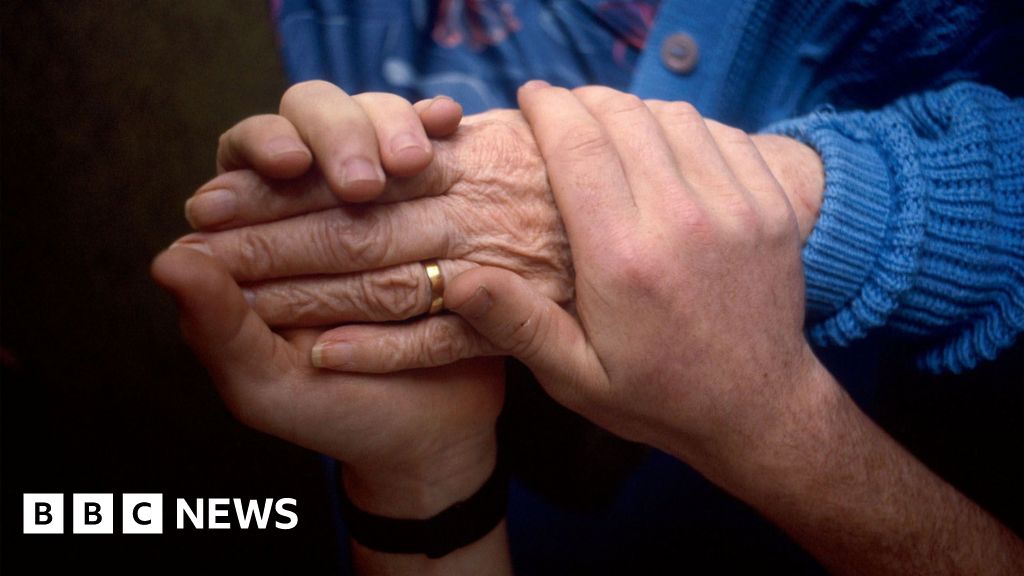





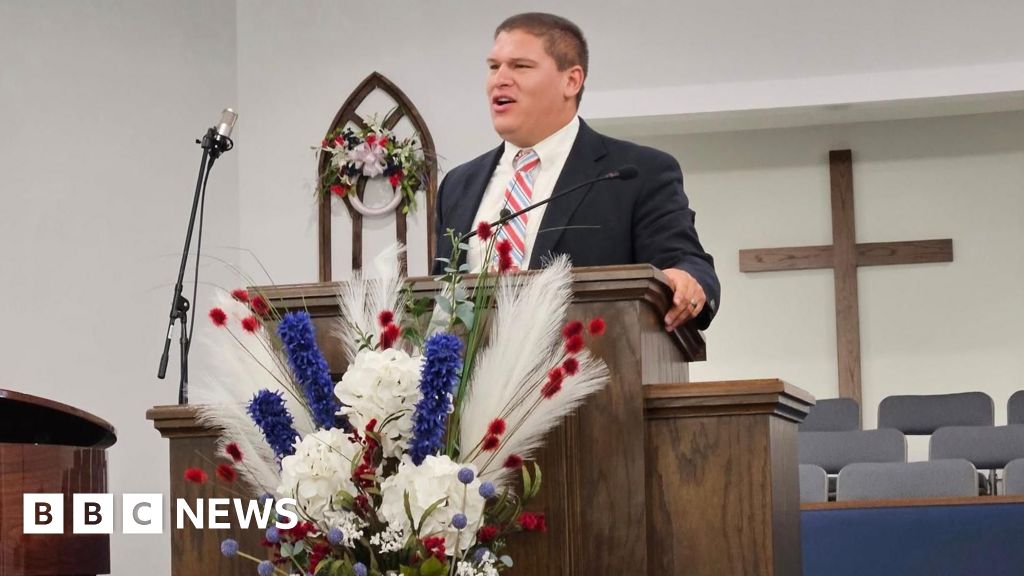

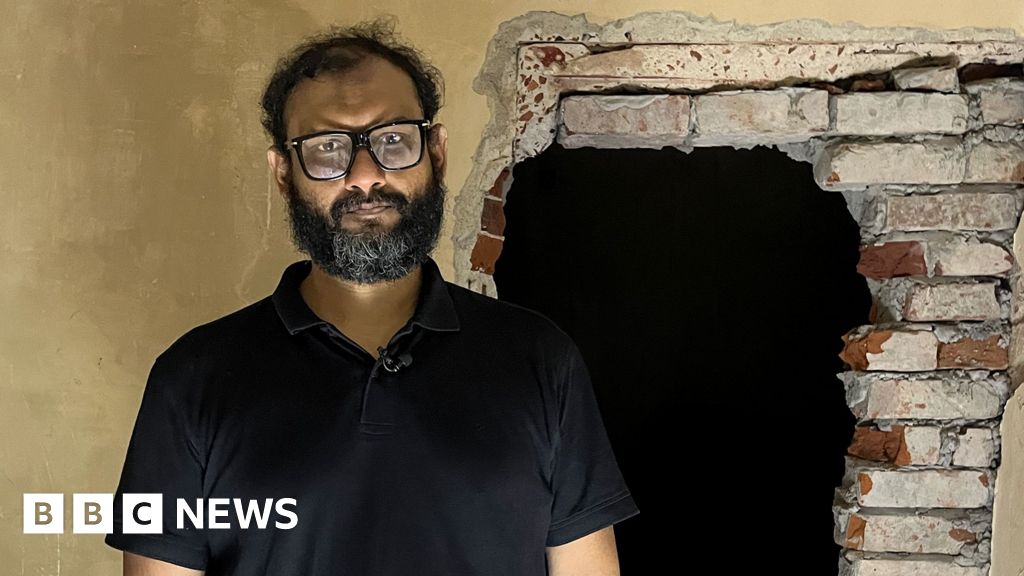


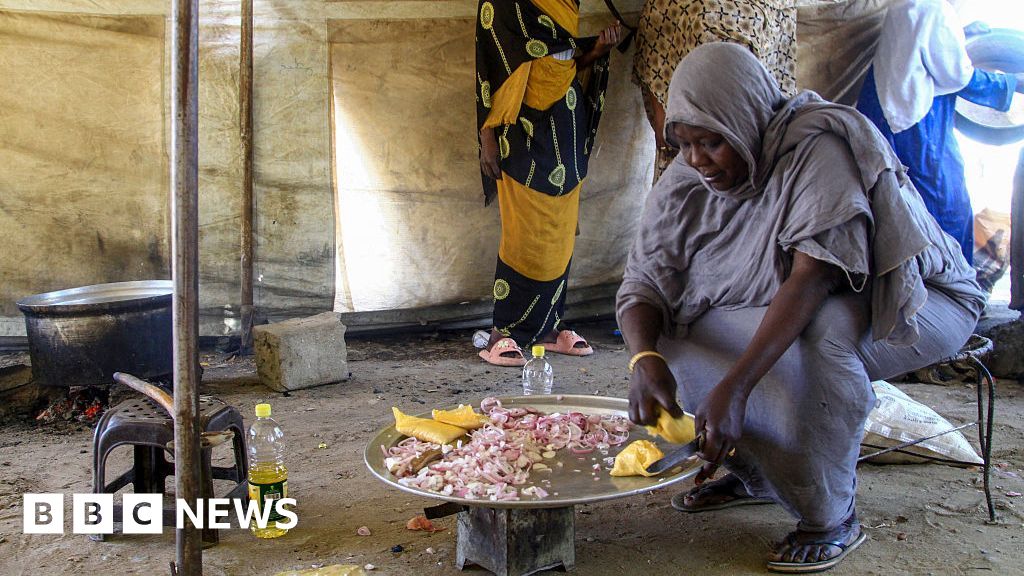

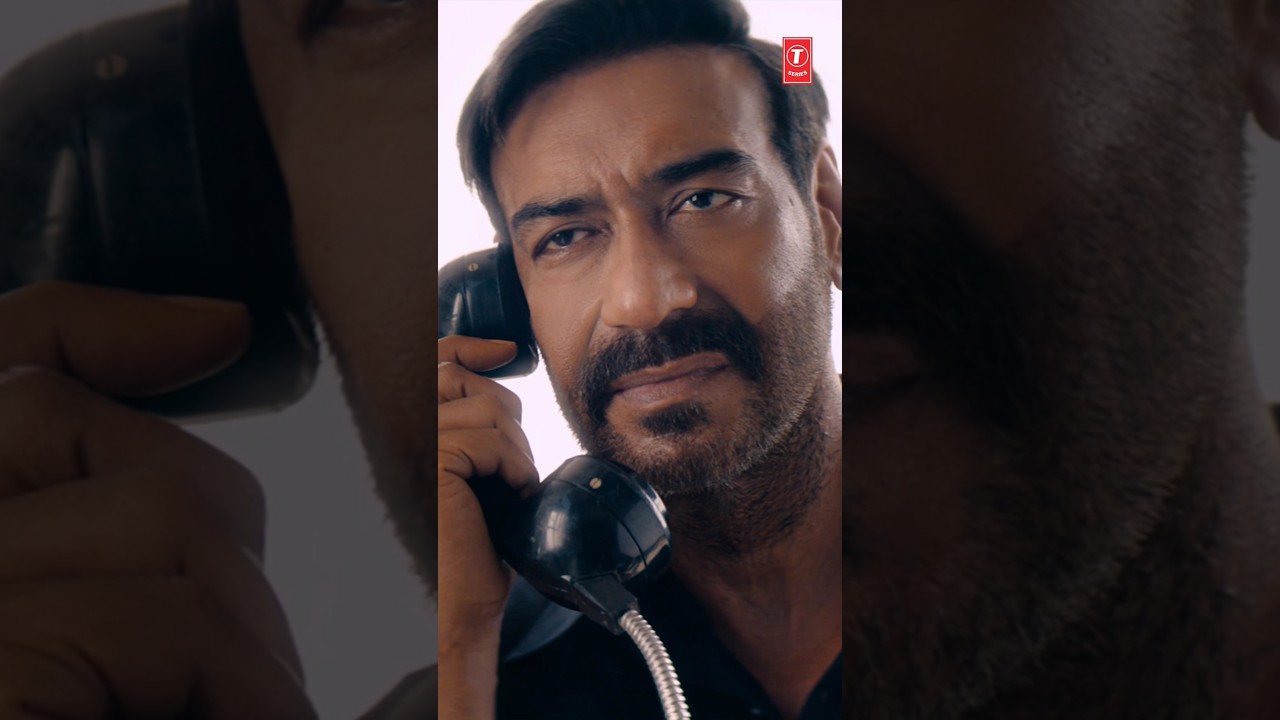


Leave a Reply